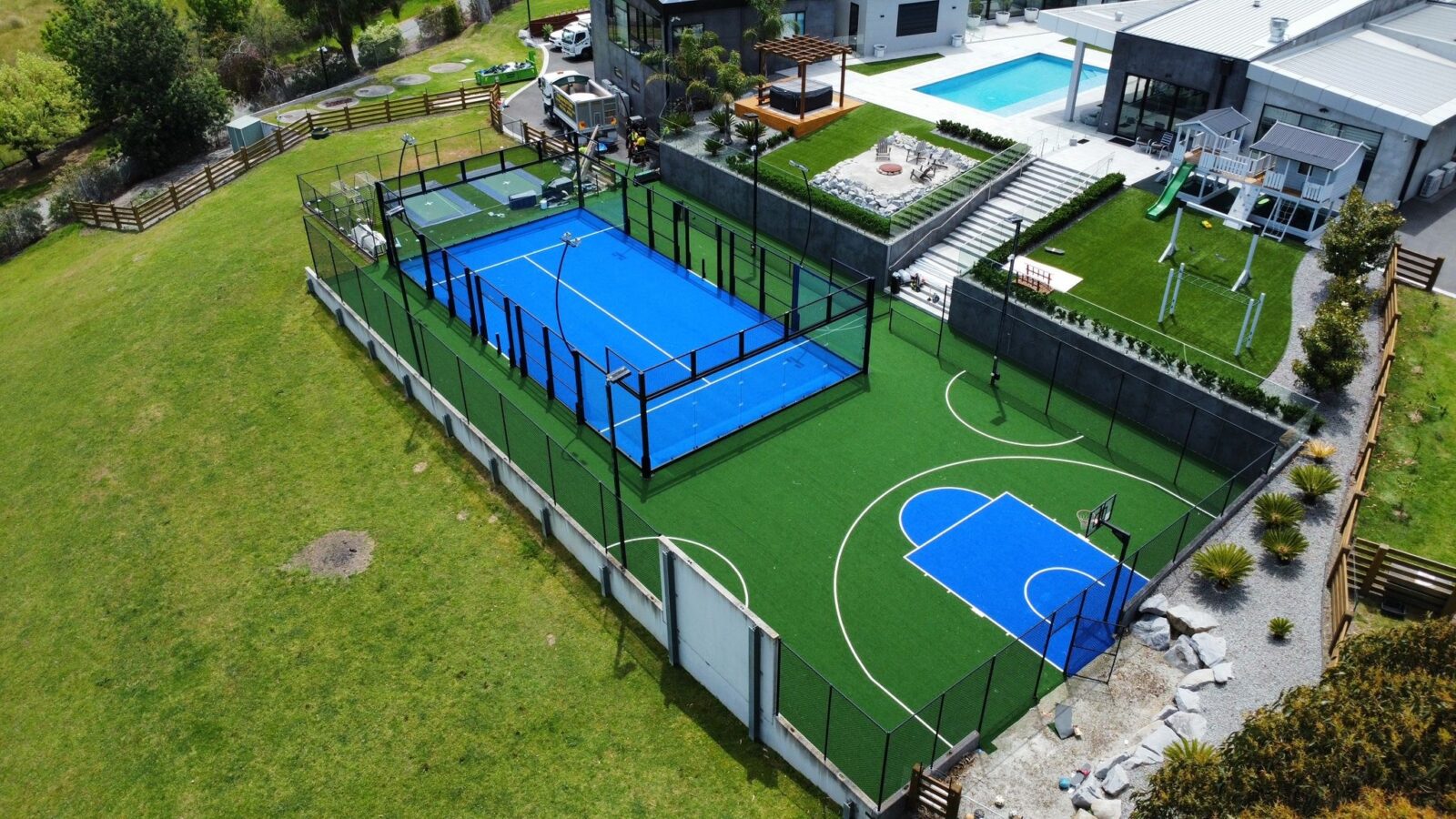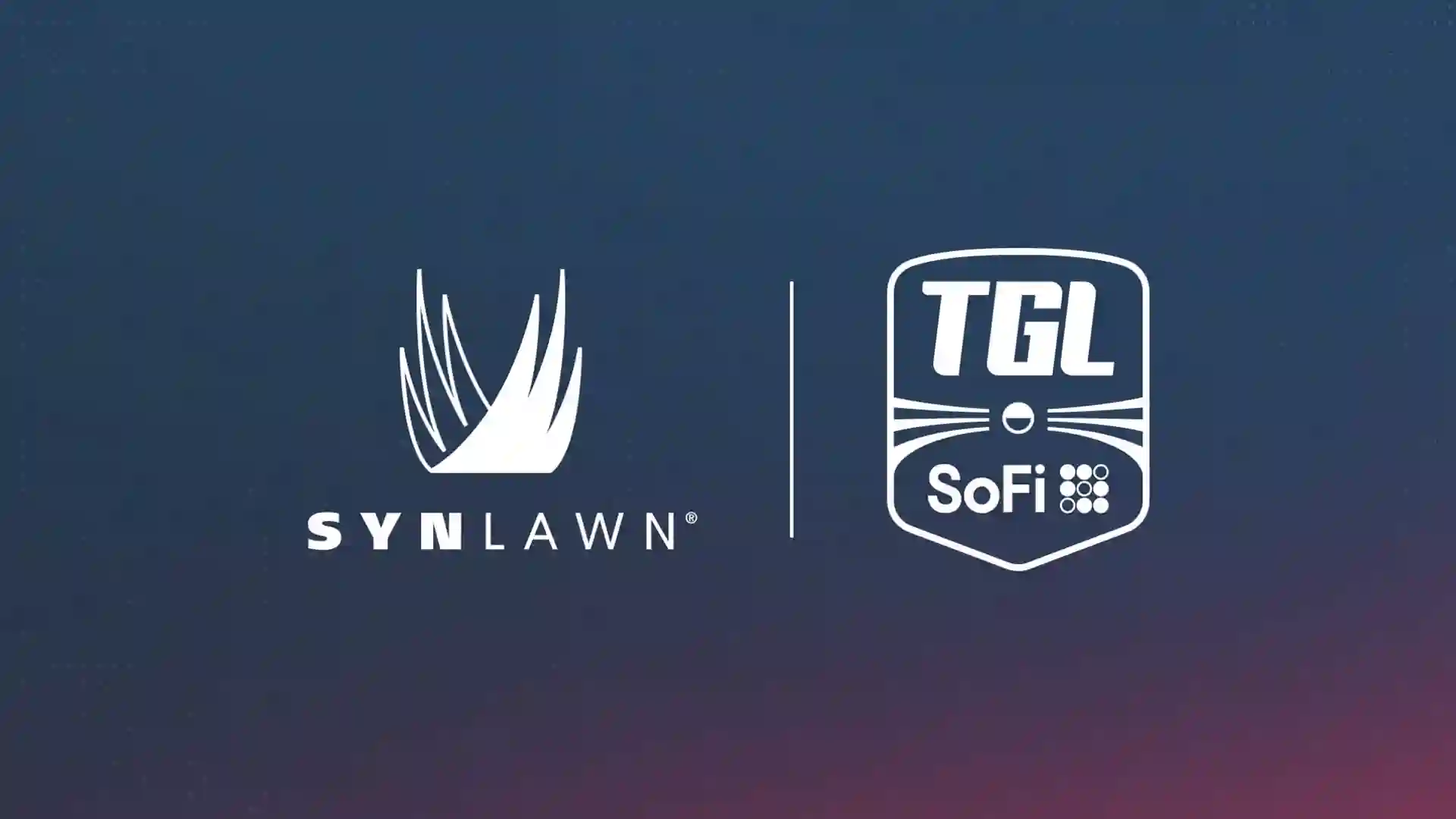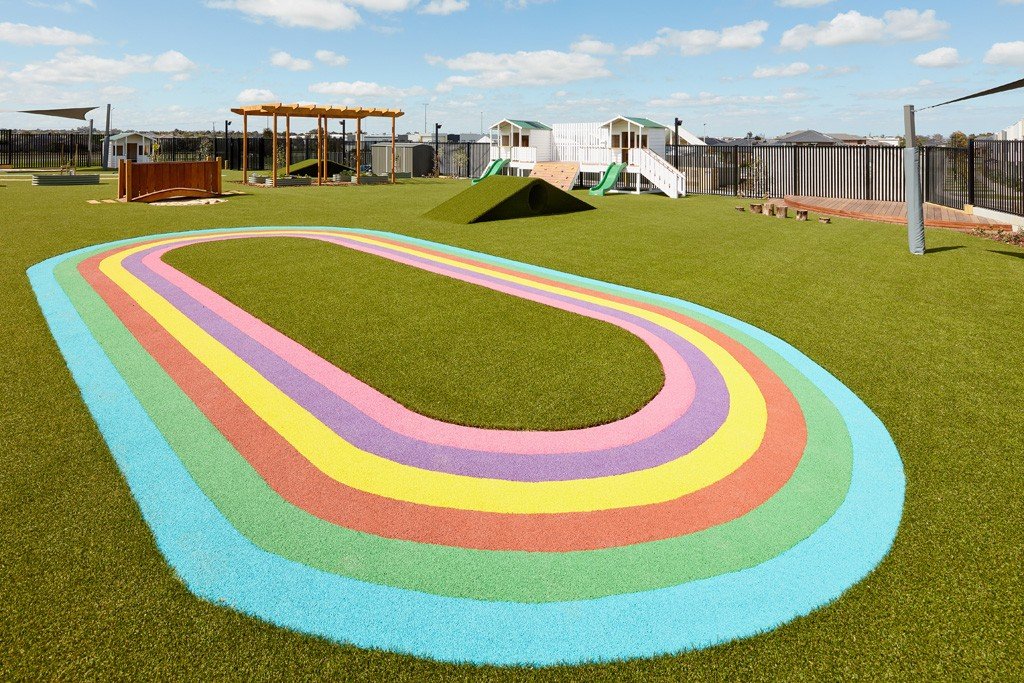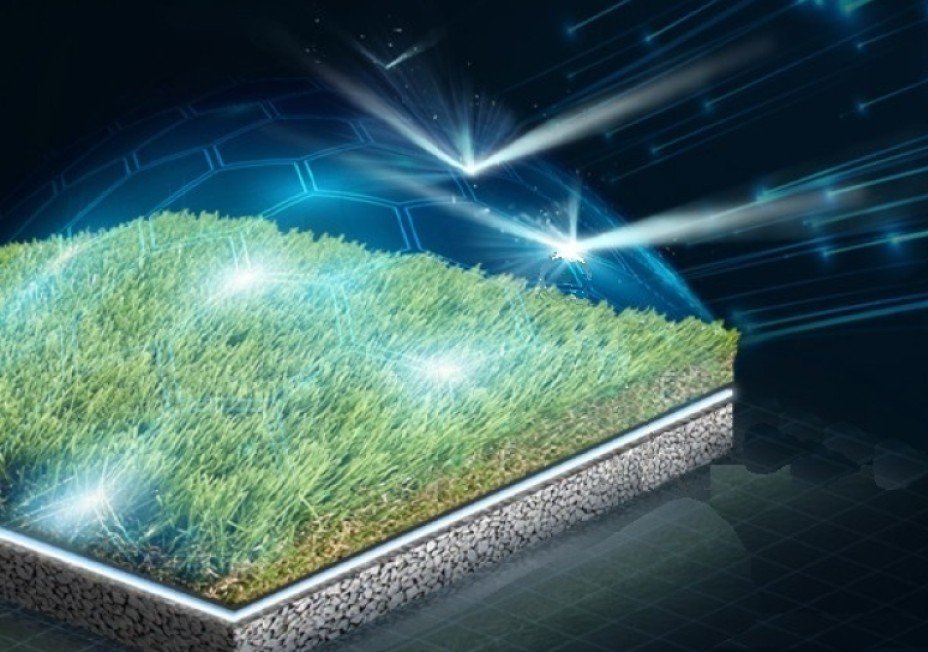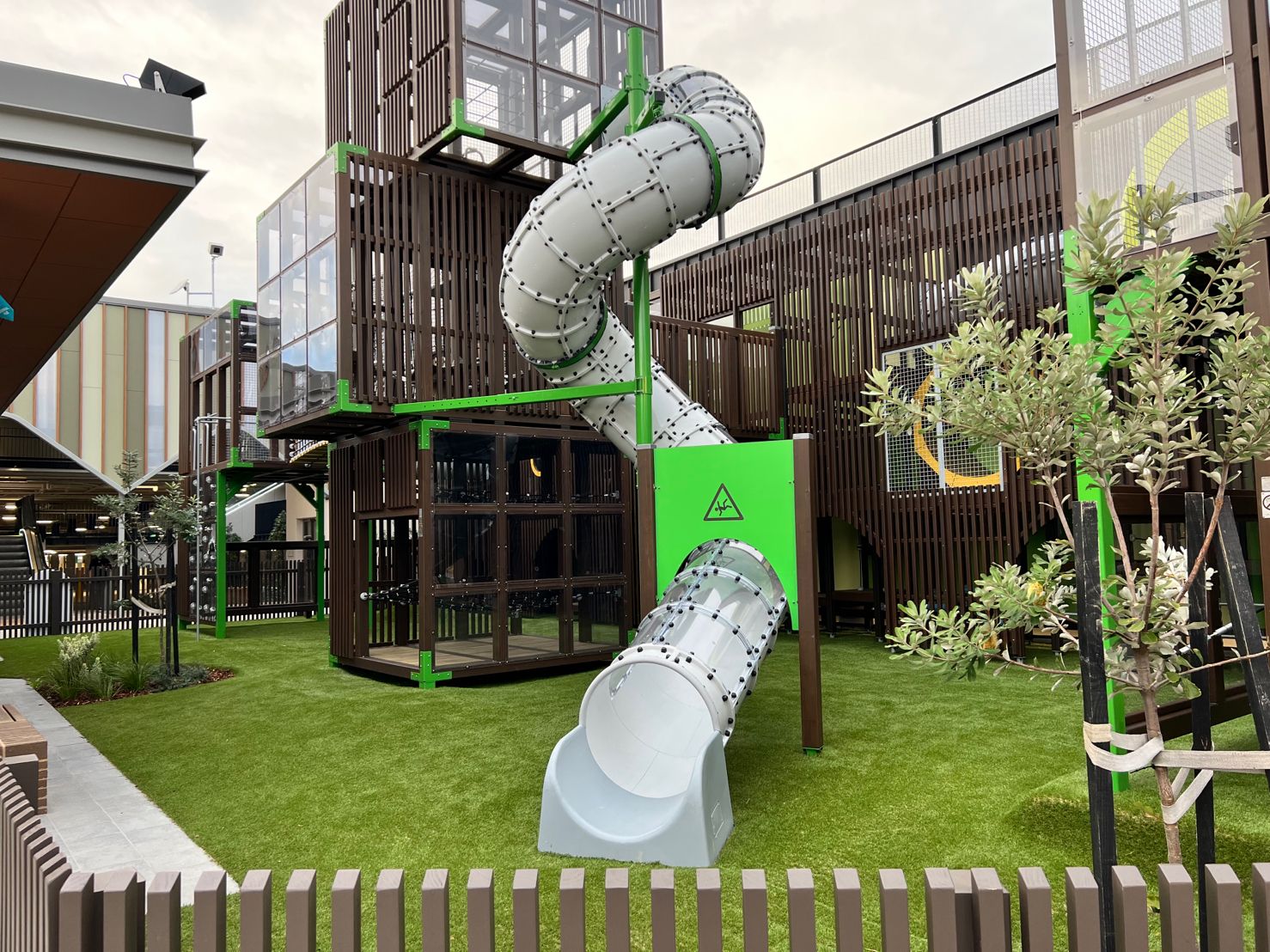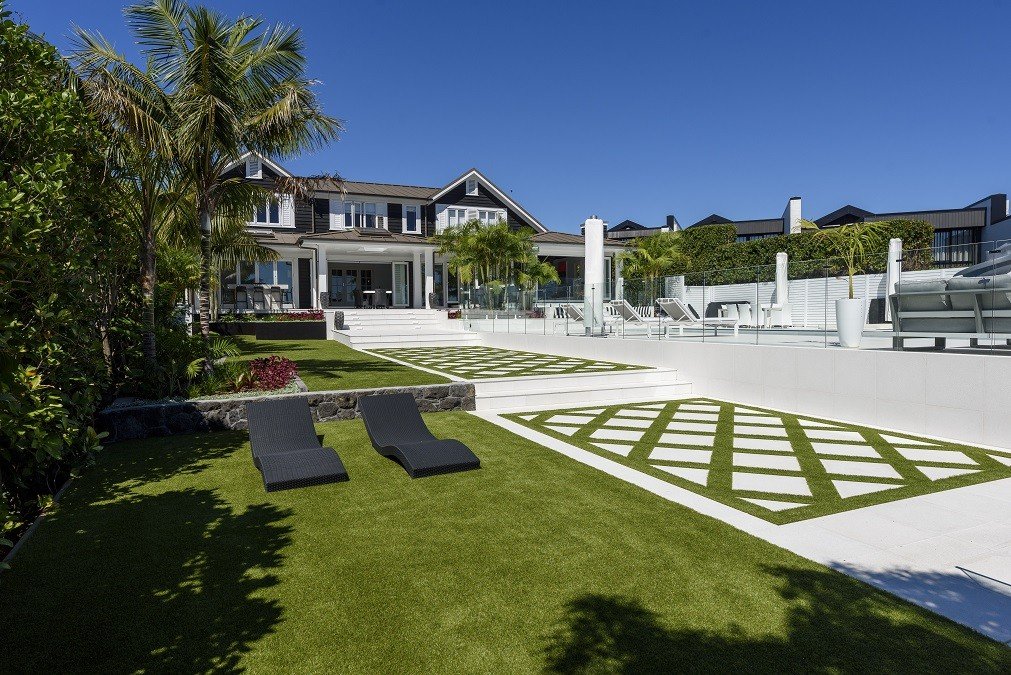
You might be wondering if putting in artificial grass is a smart move for your place. It’s a fair question, especially when you’re thinking about your home’s value. We’re going to look at how artificial grass might affect what your property is worth, considering everything from how it looks to how much effort it takes to keep it nice. Let’s dig into whether this landscaping choice is a good investment for you and your home.
Key Takeaways
- Artificial grass can make your home look better from the street, which is a big plus for potential buyers.
- You’ll save money in the long run because you won’t need to water, mow, or fertilise, which can add to your home’s appeal.
- It’s generally good for the environment, using less water and chemicals, which is a selling point for many.
- Good quality artificial grass lasts ages and needs very little looking after, making it a practical choice.
- The payoff you get from artificial grass really depends on how well it’s put in and what people are looking for in your local area.
The Growing Popularity of Artificial Grass
You might have noticed more and more homes sporting that perfectly green lawn, no matter the season. It’s not magic; it’s likely artificial grass, and its popularity is seriously on the rise. Homeowners are catching on to the benefits, and it’s changing the way we think about our gardens.
Why Homeowners Are Choosing Artificial Turf
So, what’s driving this trend? Well, there are a few key reasons why people are ditching the traditional lawn for the synthetic stuff. For starters, it’s a massive time-saver. Think about all those weekends you’ve spent mowing, weeding, and watering – gone!
Here’s a quick rundown:
- Less maintenance: No mowing, weeding, or fertilising.
- Water conservation: Drastically reduces water usage.
- Consistent appearance: Green and lush all year round.
Artificial grass offers a practical solution for busy homeowners who want a beautiful, functional outdoor space without the constant upkeep. It’s about reclaiming your weekends and enjoying your garden, rather than working in it.
Plus, let’s be honest, who wants a patchy, brown lawn when you could have a vibrant green one that looks great every day of the year? It’s a simple way to boost your home’s curb appeal and create a welcoming outdoor space. And with the rise of low maintenance garden designs, artificial grass fits right in.
How Artificial Grass Impacts Property Value
Alright, let’s get down to brass tacks. You’re thinking about chucking down some artificial grass, and you’re wondering if it’ll actually boost your property value. Fair dinkum question! The answer isn’t always a straight ‘yes’ or ‘no’, but let’s have a yarn about the factors at play.
Curb Appeal and First Impressions
First impressions matter, especially when you’re trying to sell a house. A patchy, weed-ridden lawn is a real eyesore. Artificial grass, on the other hand, offers a consistently green and manicured look all year round. This can significantly improve your curb appeal, making your property more attractive to potential buyers right off the bat. It’s like giving your house a fresh haircut and a new suit – it just looks better!
Long-Term Cost Savings
Think about it: no more mowing, no more watering, no more fertilising. That’s a fair bit of dosh you’ll be saving over the years. Potential buyers will see this as a real plus. They won’t have to worry about the ongoing costs and effort of maintaining a natural lawn. It’s a selling point, plain and simple. Here’s a quick look at potential savings:
| Expense | Natural Grass (Annual) | Artificial Grass (Annual) |
|---|---|---|
| Water Bill | $500 | $50 |
| Fertiliser | $200 | $0 |
| Mowing (Service) | $600 | $0 |
| Total | $1300 | $50 |
Environmental Benefits and Sustainability
These days, people are more conscious about the environment. Artificial grass can be a more sustainable option than a traditional lawn, especially in drought-prone areas. You’re not wasting water, and you’re not using harmful chemicals like pesticides and herbicides. This can appeal to eco-conscious buyers, giving your property an edge in the market.
Choosing artificial grass can be a step towards a more sustainable lifestyle, reducing your environmental footprint and appealing to buyers who value eco-friendly features.
Durability and Low Maintenance
Let’s face it, natural lawns can be a pain to maintain. They get patchy, they get weeds, and they need constant attention. Artificial grass, on the other hand, is incredibly durable and low maintenance. It can withstand heavy foot traffic, kids playing, and even the family dog without looking worse for wear. This is a huge selling point for busy families who don’t have the time or inclination to spend hours on lawn care.
Here’s a quick list of benefits:
- No more mowing
- No more watering
- No more fertilising
- Always looks green and tidy
Factors Influencing the ROI of Artificial Turf
While artificial grass can certainly boost your property’s appeal, it’s important to understand that the return on investment (ROI) isn’t guaranteed. Several factors play a significant role in determining just how much value artificial turf can add to your home.
Quality of Installation and Materials
The quality of both the artificial grass itself and the installation process are paramount. Opting for cheaper, lower-grade materials might save you money upfront, but it can lead to a less-than-desirable appearance and a shorter lifespan. A poorly installed lawn, with visible seams or inadequate drainage, can actually detract from your property’s value. You should consider:
- The density and pile height of the turf.
- The quality of the infill material.
- The expertise of the installation team.
A professional installation ensures proper drainage, a smooth surface, and a natural look, all of which contribute to a higher perceived value.
Local Market Demand and Trends
What’s popular in one area might not be in another. Local market demand significantly influences how much value artificial grass adds. For example, in drought-prone areas, the water-saving benefits of artificial turf are highly valued. Consider these points:
- Are water restrictions common in your area?
- Are low-maintenance gardens popular among buyers?
- Do comparable properties in your area have artificial grass?
Understanding these local trends will help you gauge the potential ROI of your artificial grass investment.
Is Artificial Grass Right for Your Home?
Considering Your Specific Needs and Goals
So, you’ve been thinking about artificial grass, eh? It’s not a decision to take lightly. You really need to have a good think about what you actually want and need from your outdoor space. Artificial grass can be a great solution, but it’s not a one-size-fits-all kind of deal.
- What do you use your yard for? Is it for the kids to run around on? Do you have pets? Or is it more for entertaining and looking pretty?
- How much time and money are you currently spending on lawn care? Are you sick of mowing every weekend?
- What’s your budget? Artificial grass is an investment, and the initial cost can be higher than traditional turf.
Think about the long term. While the upfront cost might seem high, consider the savings on water bills, lawn maintenance, and the sheer amount of time you’ll get back. It’s about weighing the pros and cons for your specific situation.
Ultimately, deciding if artificial grass is right for you comes down to carefully considering your lifestyle, budget, and long-term goals. If you value low maintenance, a consistently green lawn, and are willing to make the initial investment, then it could be a fantastic choice. But if you enjoy the process of lawn care or have specific needs that artificial grass doesn’t meet, then maybe it’s not the best fit.
Is Artificial Grass a Smart Move for Your Property?
So, you’ve seen how artificial grass can really change your place. It’s not just about having a green lawn all year round, which is pretty neat. Think about the money you’ll save on water bills, especially with those hot Aussie summers, and all the time you won’t spend mowing. That’s time you could be spending at the beach, right? Plus, it just makes your home look good, which can definitely catch a buyer’s eye if you ever decide to sell. It’s a solid choice for making your home more appealing and maybe even bumping up its value a bit. Definitely worth a look if you’re thinking about sprucing things up.
Frequently Asked Questions
Does artificial grass really boost my property’s value?
Generally, putting in fake grass can make your property worth more. It looks good all year round and needs very little work, which makes your home more appealing to people who might want to buy it. However, the exact amount it adds can change based on where you live and what people in your area are looking for.
Could installing artificial grass actually lower my home’s value?
No, it usually doesn’t. In fact, because it makes your yard look neat and saves on upkeep, it often has a good effect on your property’s value. It’s seen as an upgrade that makes life easier for the homeowner.
How does artificial grass help with saving water?
Absolutely. Fake grass doesn’t need watering, unlike real lawns. This means you’ll use a lot less water, which is great for saving water, especially in places where water is scarce. It’s a very eco-friendly choice.
Does artificial grass need any special care?
While it’s much easier than real grass, it still needs a bit of looking after. You’ll want to brush it now and then to keep the blades standing up nicely, and clear away any leaves or dirt. If you have pets, you’ll need to clean up after them too.
How long can I expect artificial grass to last?
The lifespan of artificial grass can vary, but good quality turf can last for 15 to 20 years, or even longer. How long it lasts depends on the quality of the product and how much use it gets.
What’s the typical cost of putting in artificial grass?
The cost depends on a few things: how big the area is, the type of grass you choose, and how complex the installation is. It’s best to get a few quotes from different companies to get an accurate idea for your specific project.
